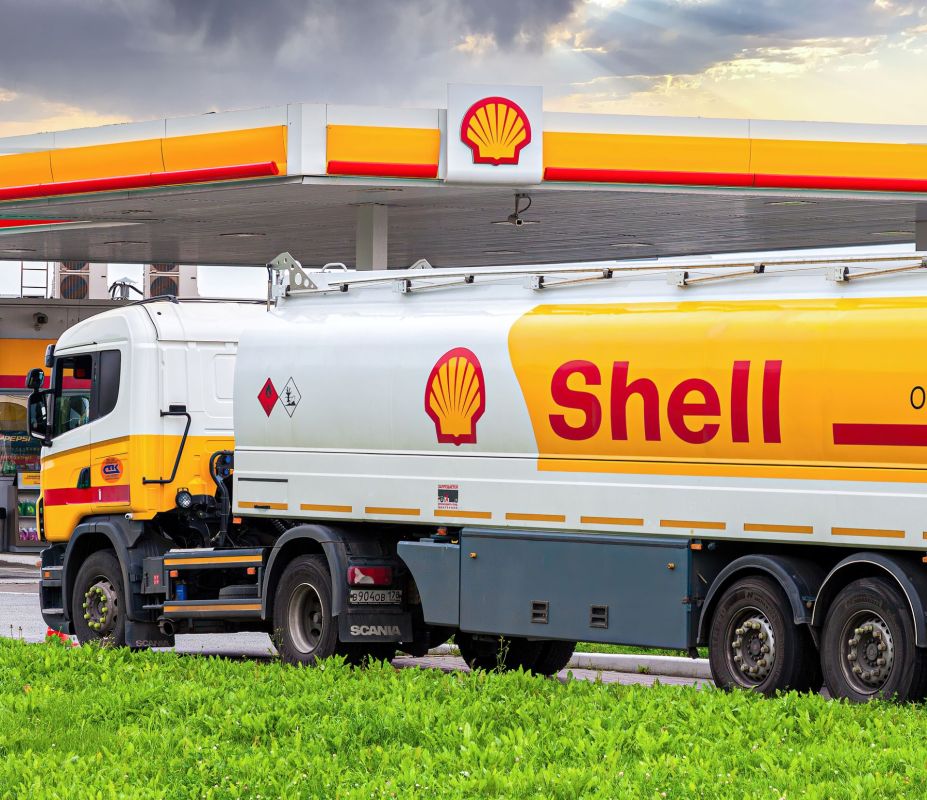Shell has backpedaled on its climate change pledges to provide bigger payouts to shareholders, in a move slammed by many as shady.
What's happening?
After a surprising announcement last year, in which Shell set 2050 as its target to reach net-zero planet-overheating gas pollution, the company became the latest to join others like BP in scaling back their climate pledges, according to Euronews.green.
Shell said oil production levels will remain stable until 2030, justifying it by saying selling its interest in the Permian Basin oilfield in 2021 allowed it to reach production reduction goals until then.
Euronews.green further reported that the company will invest $40 billion in oil and gas production through the next 13 years, all of this amid record profits, leaving many questioning the dirty energy company's alleged commitment to shift to clean energy.
Mark van Baal, founder of Follow This, which unites shareholders to push Big Oil to clean up its act, told the Washington Post, "We have to regain momentum, or these companies will keep on saying they can continue with oil and gas because the majority of shareholders want them to do that. The fact that they are making so much money right now is not helping."
Carla Denyer, co-leader of the U.K. Green party, told Euronews.green that Shell's actions are "pure climate vandalism," with Friends of the Earth adding that "like other fossil fuel giants which have also scaled back their ambitions, Shell now admits that it has no plans to change its business model."
Why is this climate pledge pivot concerning?
Dirty energy sources, like oil, gas, and coal, are the largest contributor to Earth's rising temperatures, accounting for more than 75% of the world's overall heat-trapping gas pollution and nearly 90% of harmful carbon pollution, according to the U.N.
Because they're such a huge part of the problem, dirty energy companies like Shell need to be a big part of the solution.
Making pledges like the ones Shell is now scaling back on to convince us that the company is a friend to our planet is called greenwashing, which is when a company makes false or misleading statements about the environmental benefits of one of its products or practices.
Greenwashing is a particularly sinister problem because it prevents real and very necessary progress from being made, while duping customers into spending our money with companies that are lying to us and hurting our planet.
What can be done?
Many organizations are working to hold Big Oil companies accountable for enacting real change, but it's a long road.
As individuals, we can work to mitigate the harm done by these big companies by moving away from using their dirty energy sources.
We can switch from gas-powered cars to electric vehicles, limit the amount of single-use plastics we use, and switch to alternative sources of power at home when possible.
Join our free newsletter for cool news and actionable info that makes it easy to help yourself while helping the planet.









